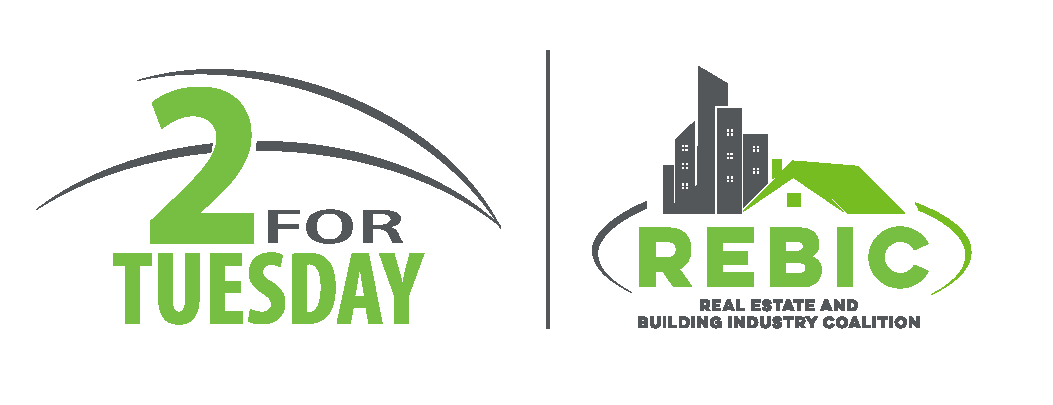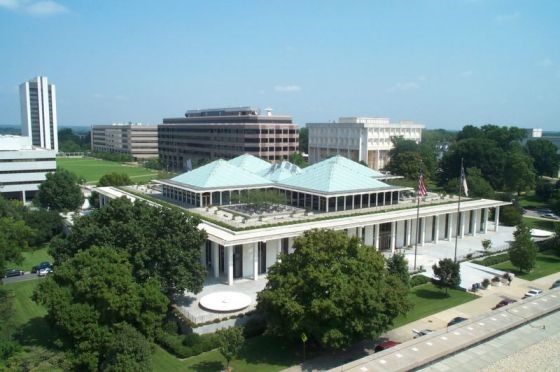 Dangerous chemicals and infectious diseases are among the many hazardous materials that are handled inside life science facilities. Getty Images
Dangerous chemicals and infectious diseases are among the many hazardous materials that are handled inside life science facilities. Getty ImagesA lot of hazardous material passes through these facilities, so caution is necessary.
Life science industries span a range of uses — clinical research and trials; biologics; medical devices; pharmaceuticals; vaccines research, development, manufacturing, and distribution; plant and animal technology; and veterinary products, to name just a few. Leases for life science facilities can present unique challenges and considerations for building owners. Besides the particular demands life science uses place on electrical capacity, HVAC, floor loads, and waste removal, the activities within these facilities can pose many other risks.
Inherent in many life science facilities is the utilization, storage, and/or distribution of hazardous or toxic materials under applicable environmental laws. Of course, most common leases will contain standard indemnification clauses allocating responsibility to the tenant for losses resulting from its activities.











 The North Carolina General Assembly approved last week's legislation that would make substantive reforms to local building permitting and inspection processes both Mecklenburg County and statewide.
The North Carolina General Assembly approved last week's legislation that would make substantive reforms to local building permitting and inspection processes both Mecklenburg County and statewide.